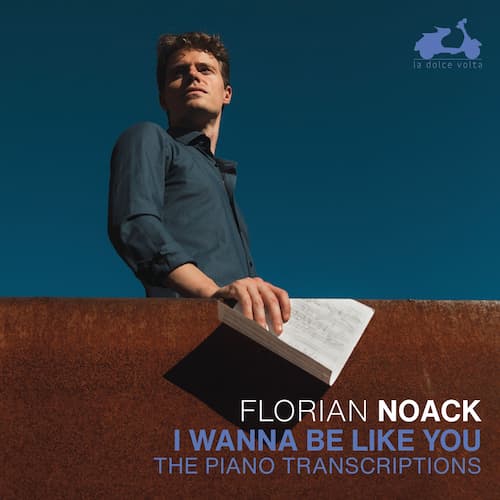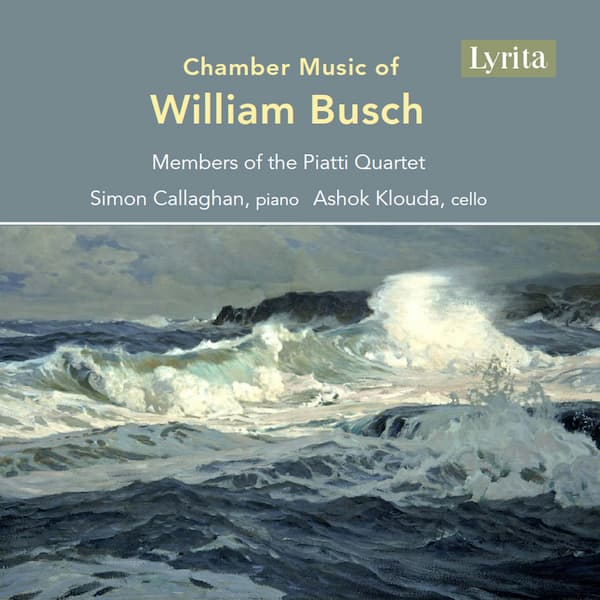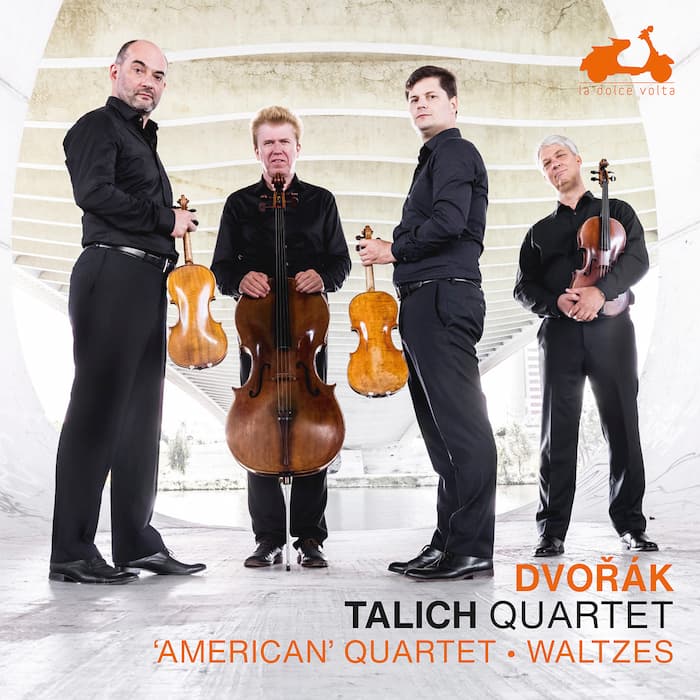After the invention and development of the Nocturne in the hands of John Field and Frédéric Chopin, it wasn’t until Gabriel Fauré (1845–1924) took up the genre that it grew out of its romantic past and became part of the new century. It’s no longer a night piece but evokes a more evocative dream world.
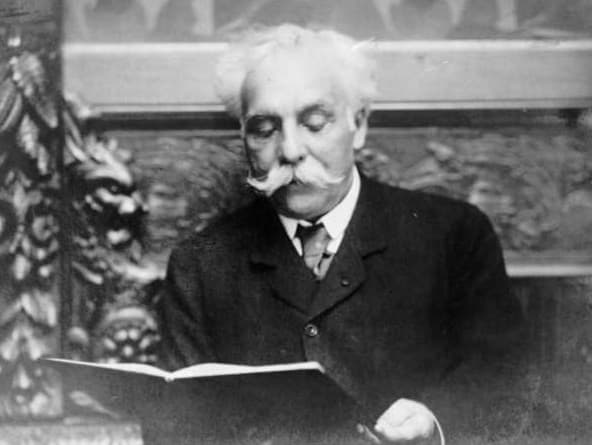
Gabriel Fauré, 1907
Fauré’s first nocturne was probably written as early as 1875 but not published until 1883, and his last was written on the last day of 1921. Between the two, he moved from the world of Field and Chopin to a darkly meditative one that was full of everything he’d learned over his nearly 50 years of working with the genre.
Nocturne No. 13, his last, was written following the death of Fauré’s closest friend and life-long mentor, Camille Saint-Saëns, on 16 December 1921. The Nocturne was finished by New Year’s Eve and was Fauré’s last solo piano work. The final Nocturne is often seen as the summation of his two great cycles of Nocturnes and Barcarolles that reflect his development as a composer.
The Nocturne opens with a wistful meditation that rises to a stark and explosive climax. It doesn’t come to a firm conclusion but, rather, is more like an indecisive last word on the whole idea of the human race. The great French pianist Yvonne Lefébure found the work utterly perfect: ‘Its grip is so powerful that there is no place for rational explanation…. I think it is the only example of a work in which not a single note could be changed or removed.’
At the end of his life, Fauré was going deaf and was unable to hear extreme frequencies. Accordingly, the opening of Nocturne No. 13 is held in a small register, almost all contained within an octave. The work has both simplicity and austerity, bringing it to a point of profundity that Chopin’s and Field’s works lack. The performer on this recording saw the work as the culmination of Fauré’s entire work in the Nocturne genre. For him, he hears ‘the final sigh at the conclusion of the Thirteenth Nocturne’ which is fulfilled by the coda.
Gabriel Fauré: Nocturne No.13 in B minor, op.119 (Théo Fouchenneret, piano)

Théo Fouchenneret
Théo Fouchenneret was awarded the first prize at the Geneva International Competition in November 2018, and then was named “revelation instrumental soloist” at the Victoires de la Musique Classique in 2019. He trained at the Nice Conservatory before moving to the Paris Conservatoire. His two wins started his recital career, and his first recording was of Beethoven’s Hammerklavier and Waldstein sonatas. This recording of the complete Nocturnes of Fauré permits us an overview of Fauré’s career and his innermost thoughts that few collections permit.
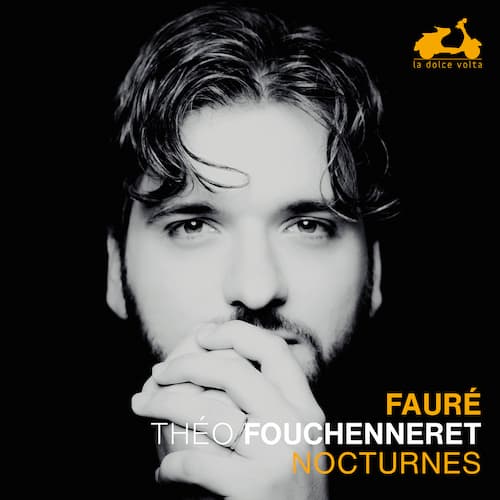
Théo Fouchenneret: Fauré: Nocturnes
La Dolce Volta, LDV 125
Release date: 6 September 2024
Official Website
For more of the best in classical music, sign up for our E-Newsletter

